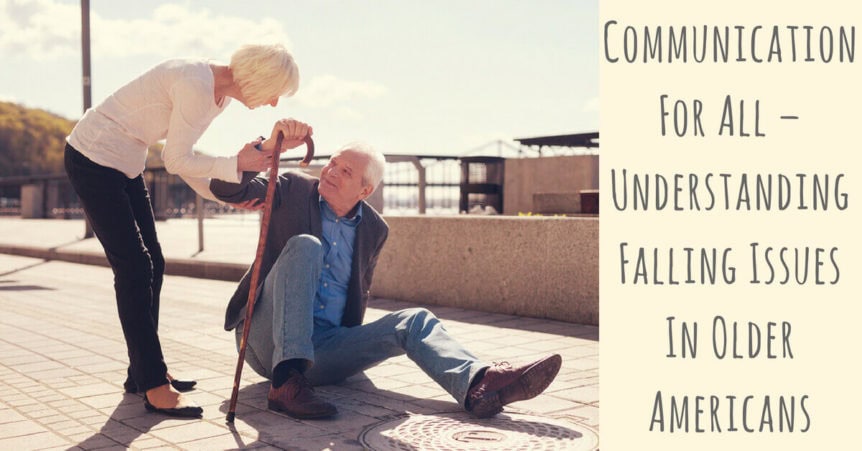- A Closer Look at Common Myths About Hearing Loss - May 7, 2024
- The Impact of Pets on Emotional and Hearing Health - April 26, 2024
- Strategies for Coping with Single-Sided Deafness - April 16, 2024
At New Leaf Hearing Clinic, May holds a special place on our calendars and in our hearts. That’s because May is Better Speech and Hearing Month, an awareness initiative created by ASHA, the American Speech-Language-Hearing Association to promote information about communication disorders at all phases of life.
This year’s Better Speech and Hearing Month has the theme “Communication for All” and encompasses four awareness priorities: identifying communication milestones in babies and toddlers, understanding hearing loss for school-age children, raising awareness of adult swallowing disorders and helping older adults understand the connection between hearing loss and falling accidents.
While we’re excited to share all these initiatives with people, at New Leaf we think it’s especially important to share a deeper understanding about why hearing loss is connected to falling, and why it is such a serious issue for older adults.
Hearing Loss and the Brain
Our hearing isn’t a function isolated in our ears- it is deeply dependent on the work of the brain, specifically the auditory cortex. Our ears hold sensory structures within them that are critical for picking up and transmitting sound to our brain. In turn, the brain interprets the direction and meaning of the sound. We need both our ears and our brain to properly hear.
When we have hearing loss, it usually is the result of permanent damage to the hearing apparatus of the middle or inner ear. When our ears can’t detect a full-range of sound, they deliver information about incoming sounds that is fragmented and incomplete.
Sound that arrives incomplete is an unexpected puzzle for our brain. We need extra time and mental resources to piece together meaning and understanding from an incomplete picture. The effort it takes to hear with untreated hearing loss can be frustrating and physically exhausting.
Hearing Loss Overtaxes the Brain
In order to do the best job it can to interpret partial sound information, our brain redistributes its mental resources and fundamentally changes the way we hear. Instead of using the areas of the brain and neural pathways it is accustomed to for the comprehension of sound, the pathways become overwritten with new patterns that try to compensate for the missing auditory signals. This means that when we have hearing loss it fundamentally changes the way our brain works as well as the way we hear.
Because the mind prioritizes our hearing, the way the brain compensates for hearing loss can severely detract from other cognitive areas. To hear better, for instance, our brain might pull cognitive attention away from simple acts of coordination and balance.
Balance and coordination are cognitive functions that it can be specifically perilous to under serve. By taking concentration away from how we physically move our body, we become far more likely to fall and incur physical injuries. The redistribution of our cognitive function leads to other health issues as well, such as an increased rate of developing dementia in older adults with untreated hearing loss.
Older Adults and Falling
Falling accidents are very serious, especially as we age and our body becomes less resilient. Falling can result in serious fractures and trauma. Some injuries in particular are especially linked to falling, like hip fractures which are caused by a falling accident 95% of the time. Often, falls result in injuries with long recovery time and lasting side effects. For older adults, falling is the leading cause of fatal injuries, and also of non-fatal hospital admissions.
Every year, emergency rooms across the U.S. handle over 2.5 million falling accidents, with many emergency visits followed by prolonged hospital stays. Falling and fear of falling can severely limit an older adult’s mobility and social engagement. Reduced mobility can strain an individual’s quality of life, especially leading to depression and social isolation.
Treatment Is Key
There is good news about hearing loss – most permanent hearing loss can be effectively treated with hearing aids. Modern hearing aids are powerful and designed to be discreet, with nuanced digital sound processing that can assist your hearing according to your specific hearing needs.
At New Leaf Hearing Clinic, understanding your needs is what we do best. We love connecting people with great hearing solutions from reliable industry-leading brands. If you’ve experienced hearing issues, we can help you get back on the path to hearing wellness, living life to its fullest. Your first step is easy – drop us a line to set up your hearing exam today!

